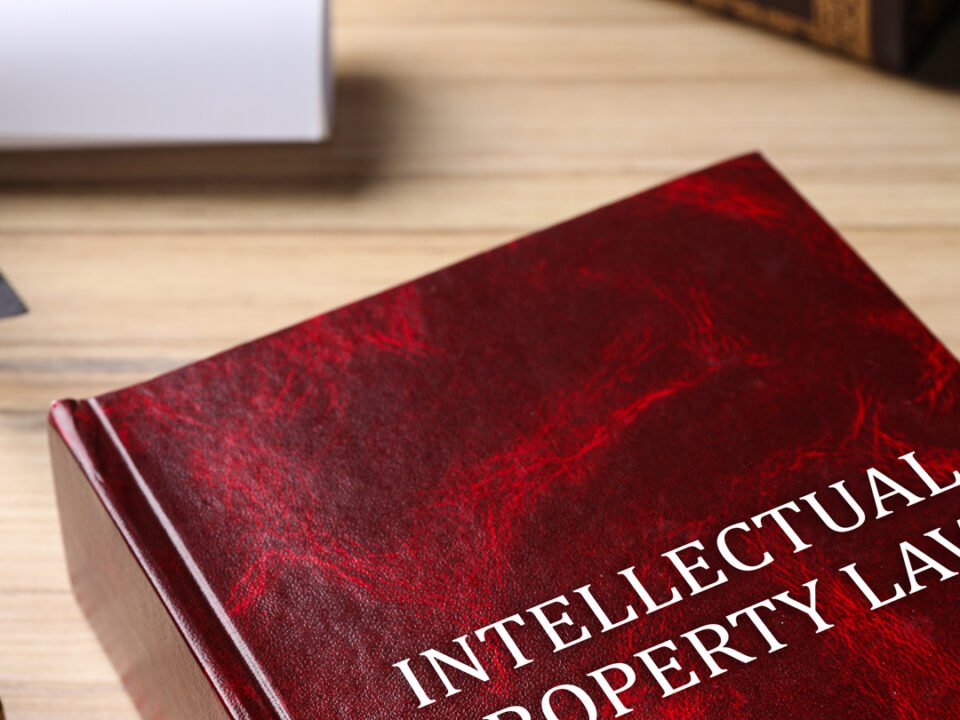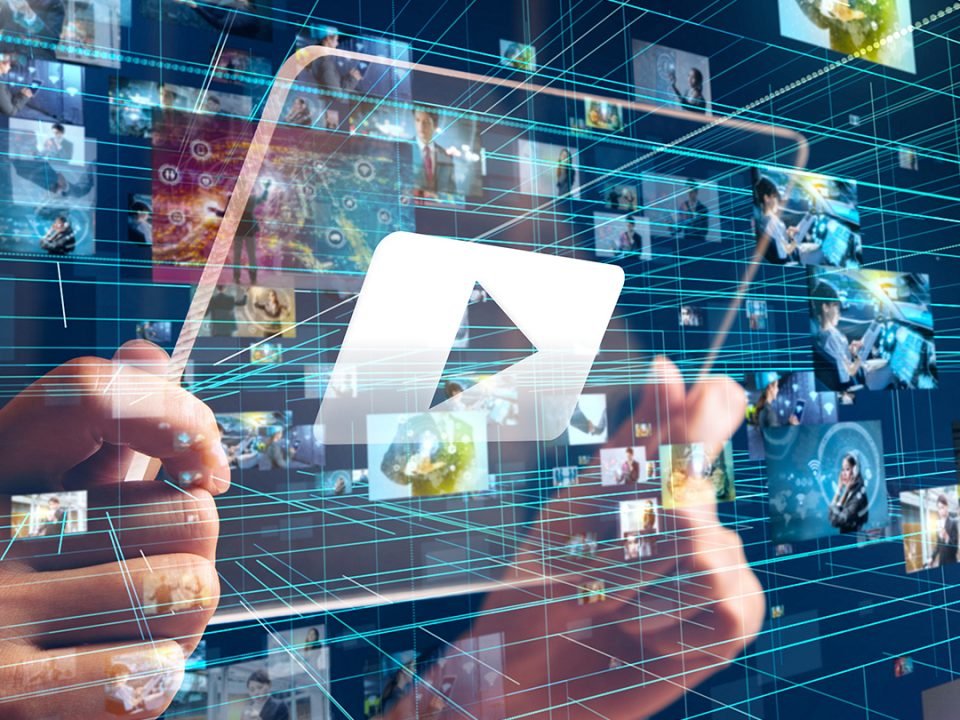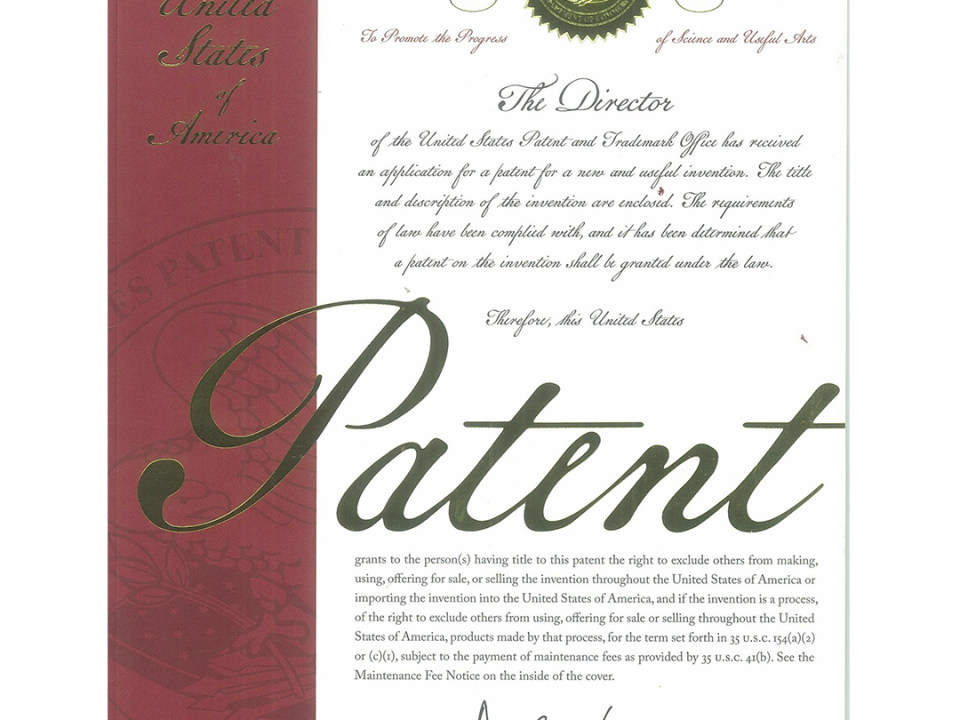Artificial Intelligence, Persuasion, and Intellectual Property
Those of us who survived the 2020 U.S. elections were swamped with “Vote” messages on nearly every social media platform and news outlet. A corollary message was “Election Results May Be Delayed.” What do these concerted messages have to do with Facebook, Amazon, Apple, Instagram, Twitter, and others of Big Social Media? In one sense, the coordinated messaging was propaganda (“a systematic effort to deliberately and widely spread information, ideas, or rumors to influence other people’s beliefs, attitudes, or actions”). In another sense, Big Social Media successfully employed artificial intelligence (AI) to carry its desired message and influence people’s actions. Whether good or bad, simple programmed messages and possibly, Deepfake Influencers almost certainly impacted the election.
Persuasion marketing has always been about influencing decisions and behaviors. Traditional marketing targets many of the five senses using conventional means such as billboards with attractive models touting a product, or an air vent enticing pedestrians with bakery fragrances. The end goal of course is to persuade consumers to part with their money to buy the advertised product or service. But AI is taking persuasion to a whole new level. In addition to seeing, touching, tasting, smelling, and hearing, AI is tapping into emotions and creating fans.
Under the Influence of Artificial Intelligence
Think you’re immune to AI? Synthetic Riot Games Seraphine has half a million followers, and “model and influencer” Lil Miquela (pictured above from Twitter) is expected to earn over ten million dollars in 2020 from her followers. And would you buy something based on this person’s recommendation? ➡ This Person Does Not Exist We’ll call this AI creation “Arden” (who looks like that person you knew from that place that one time). To further blow your mind, check out the links regarding Generative Adversarial Network (GAN) at the bottom right of Arden’s picture.
If hundreds of thousands of followers are willing to part with their hard-earned money based on what Seraphine, Lil Miquela, Arden, and other AI tell them to buy, are those followers also doing what the droids tell them to do? Well, did you ever go into that cookie shop because you smelled that enticing fragrance knowing full well that’s what the shop wanted you to do?
So, even when people know that the influencer is AI and know that they may be hearing or seeing misinformation, it can still be believed subconsciously and result in the action desired by the AI owner. This is because “partial truths or outright fictions” disseminated over a “high numbers of channels” have the ability to “overwhelm the audience.” See Paul, C. and Matthews, M., The Russian “Firehose of Falsehood” Propaganda Model: Why It Might Work and Options to Counter It | RAND.
Intellectual Property in an AI World
While there may be dystopian consequences with AI (see Inventions by AI – Servant or Skynet? | LinkedIn), there are upsides. From a practical point of view, AI is replete with protectable Intellectual Property, which means bottom-line dollars to its owners. Lil Miquela’s music video is copyrightable material, her name is a service/trademark, and her underlying programming is likely patentable. And as noted above, she’s worth it all … to the tune of millions of dollars.
If you want to get in the AI persuasion game and simultaneously protect your creations, or just have Intellectual Property questions, give me a call 864.351.2468 or email me: via our contact page. (My avatar may respond initially if I’m not available, but you won’t know it.)








